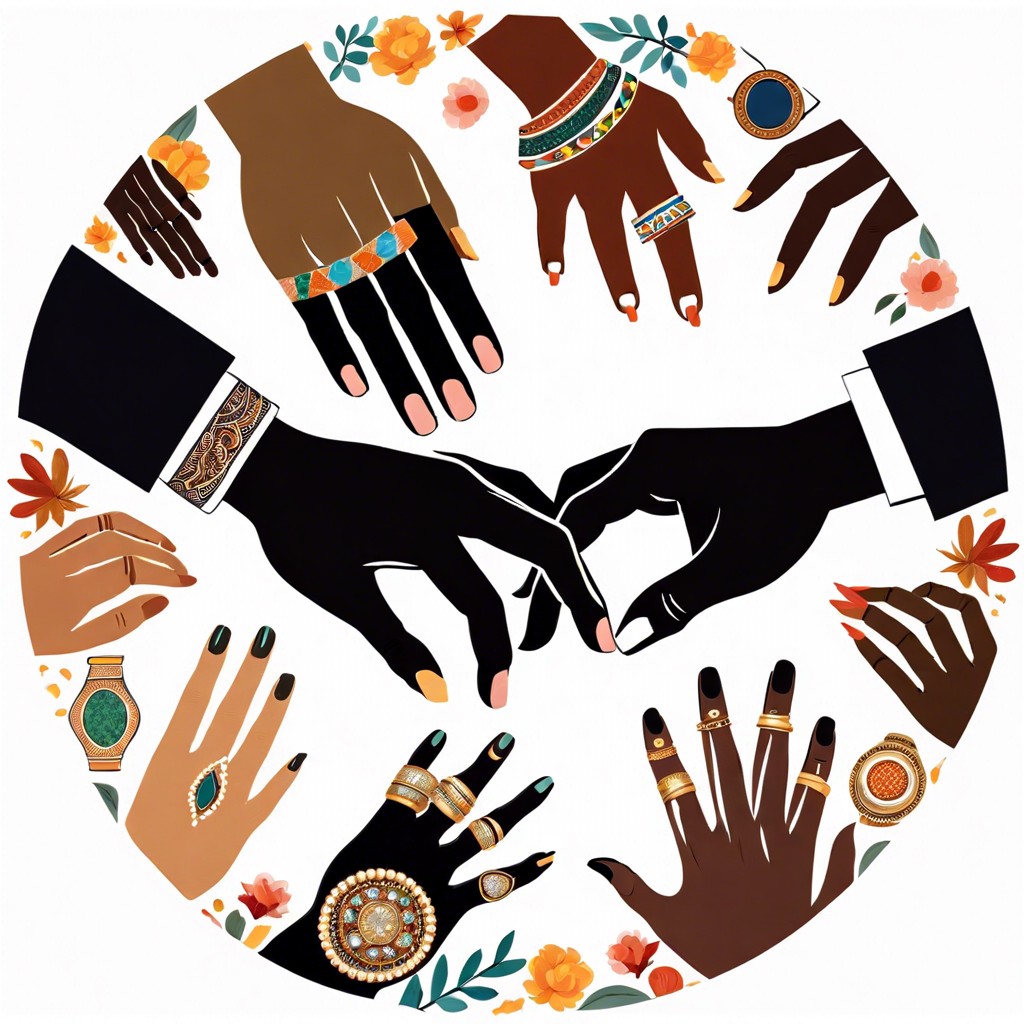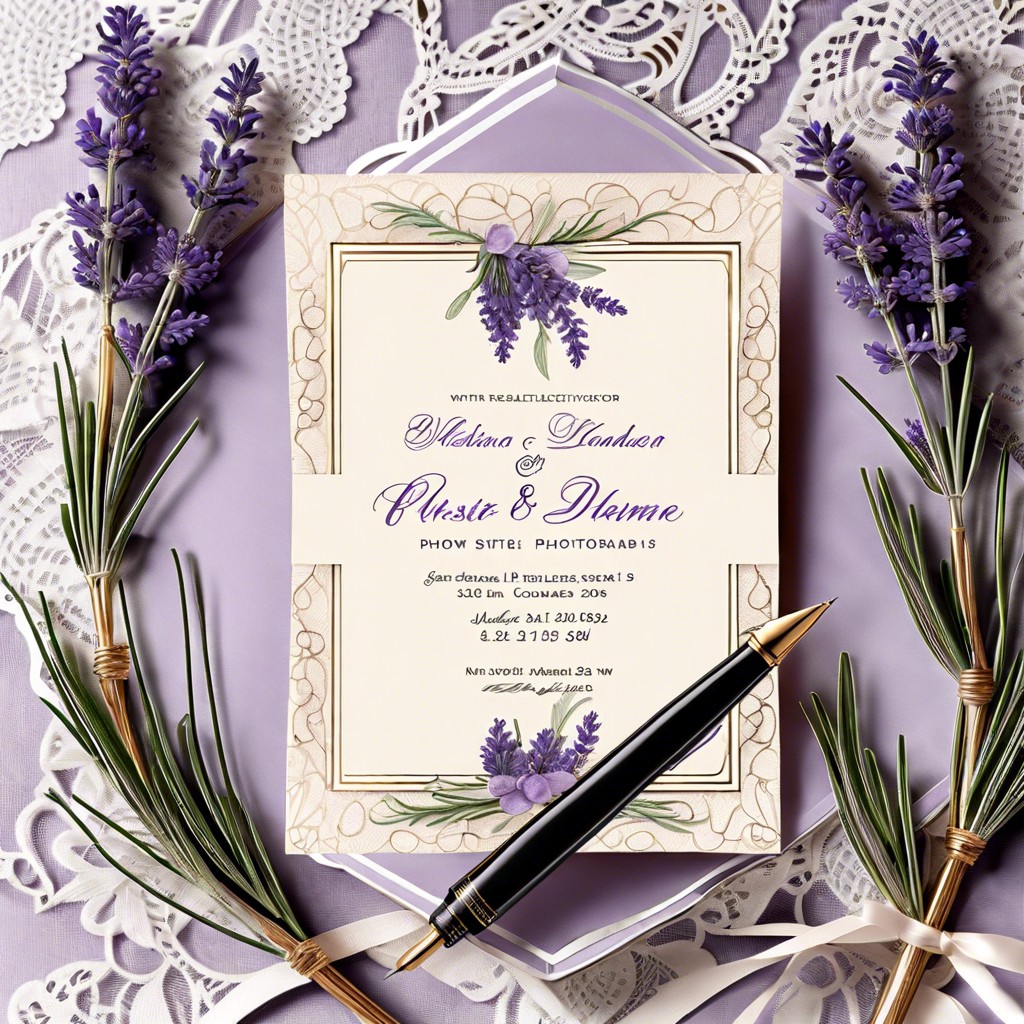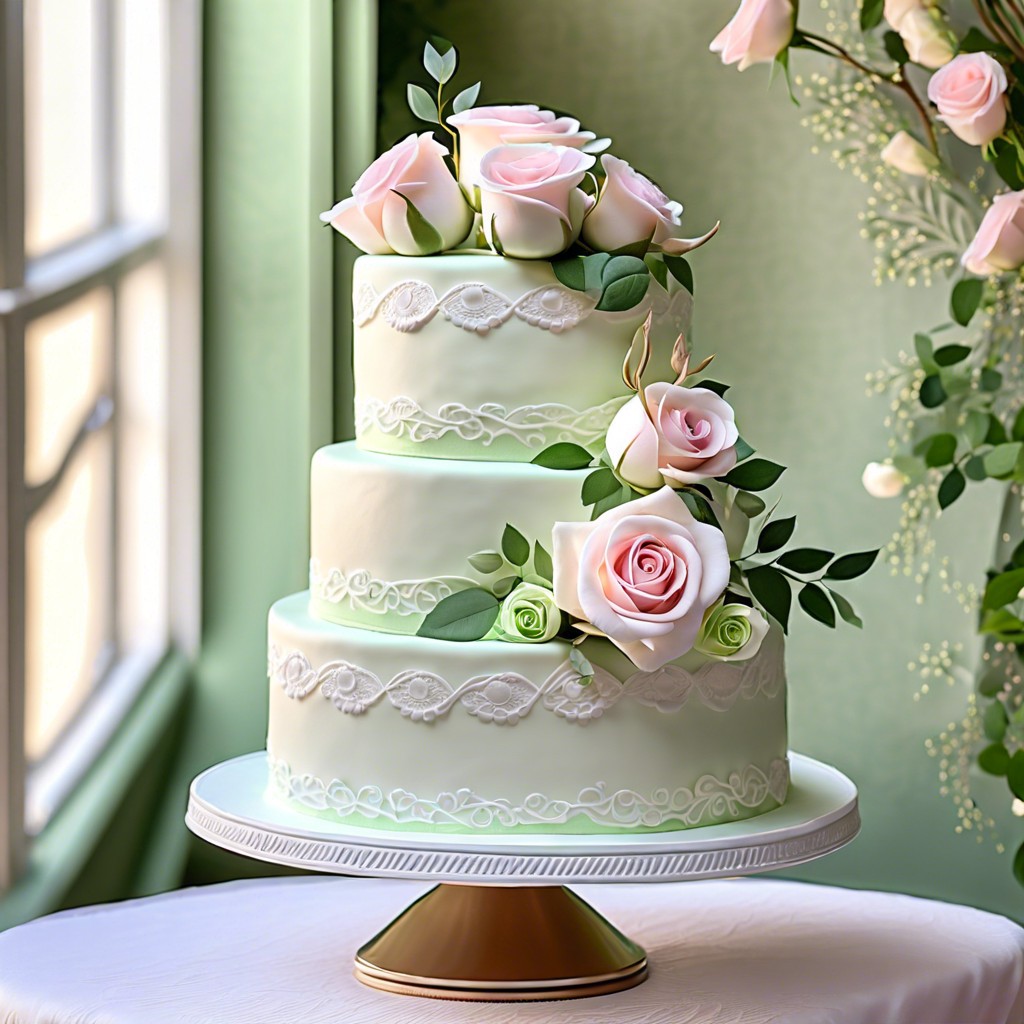Guiding your way to officiate a wedding, this practical how-to guide will equip you with the knowledge and steps needed to create a memorable and personalized ceremony.
Key takeaways:
- Choose a credible ordaining organization and fulfill the requirements.
- Understand and adhere to the local marriage laws and regulations.
- Work with the couple to develop a personalized ceremony outline.
- Conduct a thorough wedding rehearsal to ensure a smooth ceremony.
- Project confidence, speak clearly, and handle unexpected moments gracefully.
Get Ordained to Officiate

Before taking on the role of an officiant, one must obtain legal authorization to perform wedding ceremonies. This usually involves becoming ordained, which can often be done online through various non-denominational organizations or religious institutions, depending on your personal beliefs and the couple’s preferences.
Here are important points to guide you through this process:
- Choose an Organization: Research recognized bodies that can ordain you. Universal Life Church and American Marriage Ministries are popular choices.
- Understand the Requirements: Some organizations may require you to take a course or read specific materials. Ensure you meet all the criteria before proceeding.
- Consider Your Status: Some states and countries have specific rules about who can become ordained. Make sure your ordination will be valid in the location where the wedding will take place.
- Complete the Process: Fill out the necessary forms and complete the process as directed by the organization you’ve chosen.
- Document Your Ordination: Always keep a copy of your ordination credentials. You may need to present them to the couple or to the local government when applying for a marriage license.
- Follow Up: Some regions require you to register with local government offices as a wedding officiant. Check with local authorities to ensure all legalities are in order before the ceremony.
By carefully selecting a credible ordaining organization and meeting all necessary legal requirements, you’ll be ready to successfully oversee the couple’s special day.
Know Local Marriage Laws
Understanding the legalities in your area is critical for a seamless wedding ceremony. Different states and countries have unique requirements for marriage licenses, officiant registration, and document filings. Before officiating, verify the following points:
–Registration Requirements: Some regions require officiants to register with local government offices or courts. Ensure you’re recognized as an authorized officiant.
–Marriage License Guidelines: Familiarize yourself with the process for obtaining a marriage license, including any waiting periods or expiration dates after issuance.
–Documentation for Marriage: Post-ceremony, you’ll need to complete the marriage license and possibly additional paperwork. Know what signatures are needed and the deadline for submitting these documents to the appropriate office.
–Residency and Age Requirements: Confirm the couples’ proof of residency and legal age to marry are in order, as these can vary by location.
–Ceremony Mandates: Some jurisdictions dictate specific phrases or elements that must be included in the ceremony. Make sure your script complies with these stipulations.
Always double-check these components well in advance of the wedding day to ensure compliance and avoid legal issues for the couple.
Develop the Ceremony Outline
Crafting a personalized ceremony outline is a collaborative process. Start by meeting with the couple to understand their vision and gather personal anecdotes or readings they wish to include. Ensure the outline follows a logical structure:
1. Processional: Determine the order in which the couple and bridal party will enter.
2. Welcome Remarks: Briefly address the guests and set the tone for the ceremony.
3. Readings and Music: Intersperse these between speaking sections for rhythm and emotional impact.
4. Vows and Ring Exchange: Whether traditional or custom, arrange the vows in sequence.
5. Symbolic Rituals: Place any additional elements like unity candles or sand ceremonies here.
6. Pronouncement: The climactic moment where you declare the couple married.
7. Recessional: Outline the exit strategy for the newlyweds and bridal party.
Remember to include cues for transitions and to confirm any legal declarations necessary to make the marriage official. Keep the flow natural, allowing for moments of reflection, and always respect the couple’s wishes for their special day.
Conduct a Wedding Rehearsal
Before the big day, guiding the wedding party through a rehearsal ensures everyone knows their roles and the flow of the ceremony. Use this time to walk through the entire process:
- Start by positioning the wedding party at the altar or designated area.
- Practice the processional and recessional order, ensuring everyone knows their cues.
- Go over special moments such as readings, vows, and the exchange of rings to confirm timing and positioning.
- Communicate any cues or signals you’ll use during the ceremony to prompt speakers or signal transitions.
- Address questions from the wedding party, making sure they feel comfortable and confident.
- Ensure the couple’s specific requests or customs are understood and integrated.
- Confirm the timeline, giving the ceremony’s start time and ensuring everyone is clear about the schedule.
- Remind everyone of their arrival times on the wedding day for pre-ceremony preparations.
A rehearsal is not just a run-through; it’s a chance to foster a sense of calm and readiness for the wedding.
Officiate the Ceremony With Confidence
Projecting confidence while officiating a wedding is vital to ensure a smooth ceremony. Stand tall, speak clearly, and maintain eye contact with the couple and guests.
Practicing beforehand helps to internalize the flow of words, making the delivery seem effortless. Remember to pause for effect, especially during vows and ring exchanges.
Shoulder any unexpected moments with grace, using humor if appropriate, to keep the atmosphere light and joyous. Your confidence will reassure the couple and contribute to their special day’s success.
FAQ
What do you say when you officiate a wedding?
An officiant at a wedding typically says, "We are gathered here today to witness the sacred union of ________ and ________, and to honor and celebrate the love shared between these two people as they start their new life with a solemn vow, surrounded by their closest family and friends.
How do you officiate a wedding in Canada?
In Canada, a wedding can be officiated by an individual authorized through their registration with the Office of the Registrar General as a Marriage Officiant, or because of their professional role as a judge, associate judge, justice of the peace, or municipal clerk.
What do you say when you marry someone?
When marrying someone, you would say: "I, (your name), take you, (their name), to be my wife/husband, to have and to hold from this day forward, for better, for worse, for richer, for poorer, in sickness and in health, to love and to cherish, till death do us part.
How long should an officiant speech be?
The typical length of an officiant's speech at a wedding ranges from 5 to 15 minutes.
How does one prepare for officiating a destination wedding?
To prepare for officiating a destination wedding, one needs to research location-specific legal requirements, obtain necessary paperwork, familiarize oneself with local customs and traditions, and prepare a culturally-sensitive and personalized speech.
What are some tips for writing a heartfelt and memorable wedding officiant speech?
To craft a memorable officiant speech, infuse it with personal anecdotes about the couple, incorporate meaningful quotes or readings, maintain a balance of humor and sentimentality, and ensure to practice the delivery for seamless execution.
What is the procedure to become a legally certified wedding officiant in the UK?
In the UK, to become a legally certified wedding officiant, you must apply and train through an organization recognized by the Registrar General, pass the relevant assessments, and then be registered on the list of approved officiants.



